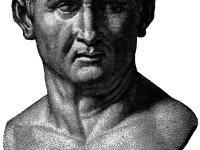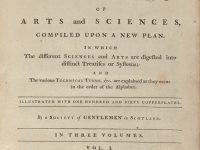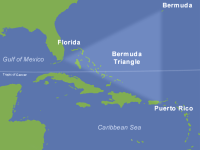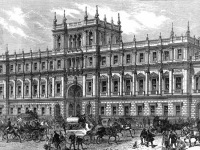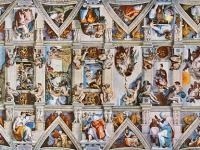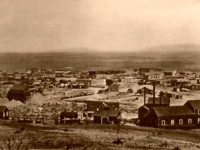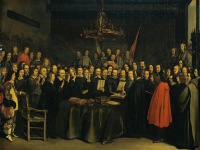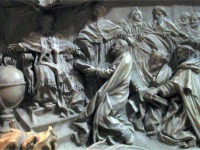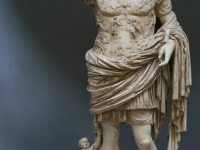Marcus Tullius Cicero – Truly a Homo Novus
On January 3, 106 BC, Roman philosopher, politician, lawyer, orator, political theorist, consul and constitutionalist Marcus Tullius Cicero was born. Besides his work as politician, he is widely considered one of Rome’s greatest orators and prose stylists. His influence on the Latin language was so immense that the subsequent history of prose in not only Latin but European languages up to the 19th century was said to be either a reaction against or…
Read more

